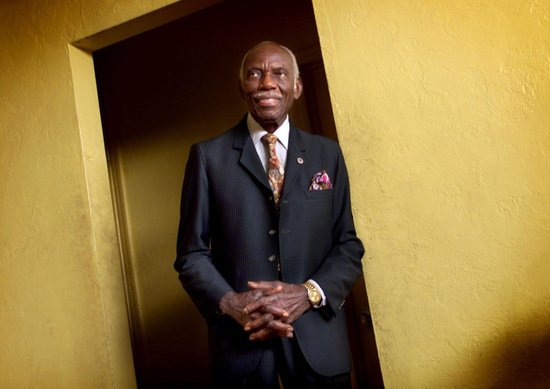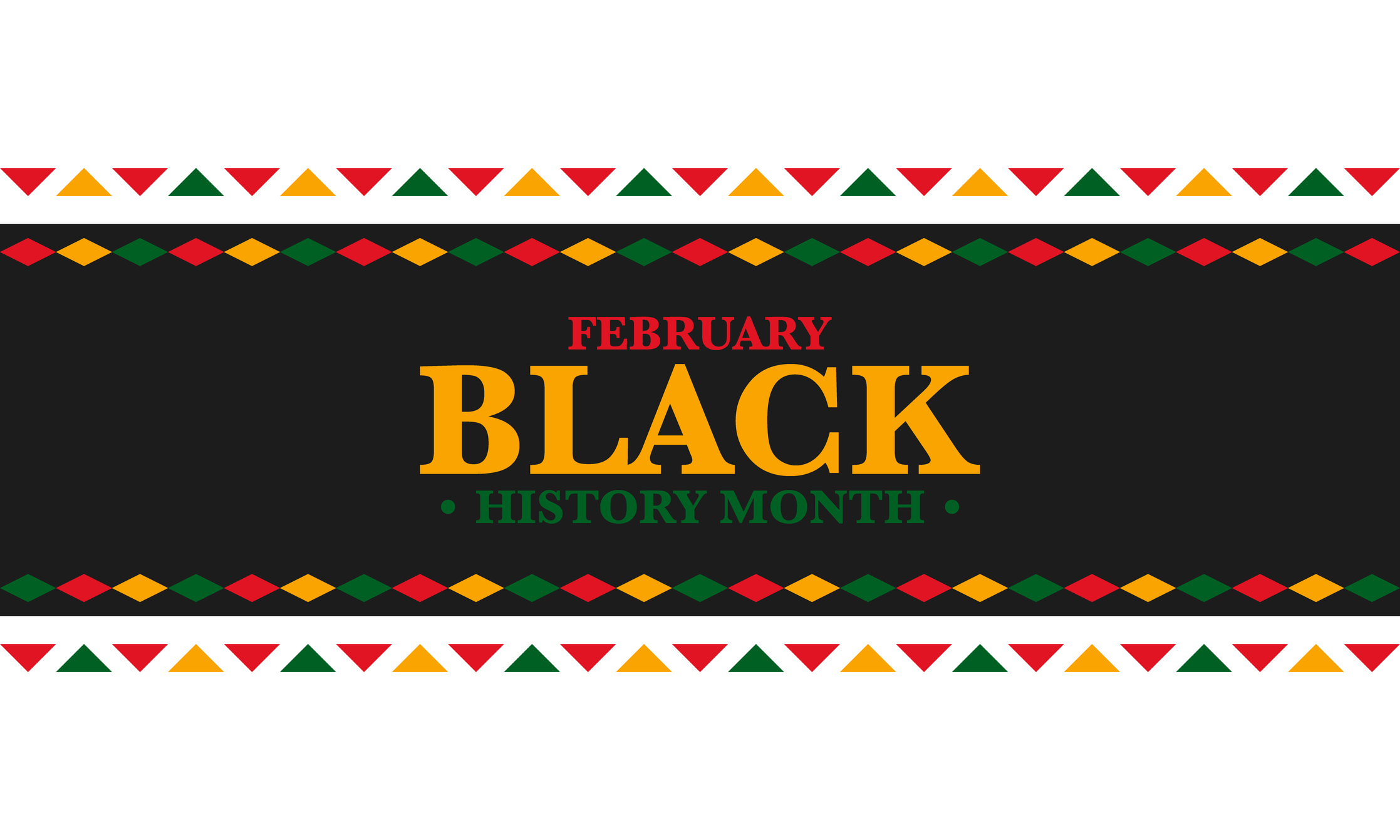O’Berry returned to visit his alma mater in 2006, where he shared with students the challenges and trying times he had faced as the first black student. It was his 90th birthday.
He recalled his time at the University was not a good experience.
Not only did O’Berry experience racial difficulties while at UM, but he also had a challenging time in being accepted. A World War II veteran, O’Berry decided to utilize the government’s G.I. Bill to attend college. With an interest in law, he decided to apply to UM in 1950, but was rejected because of his race.
 He then went to DePaul University in Chicago, where he earned his associate degree, but soon returned to Florida because of the cold northern winters. He then launched “Benny O’Berry’s Driving School,” which soon became a success, making O’Berry the first licensed black to issue driver’s licenses in the city of Miami.
He then went to DePaul University in Chicago, where he earned his associate degree, but soon returned to Florida because of the cold northern winters. He then launched “Benny O’Berry’s Driving School,” which soon became a success, making O’Berry the first licensed black to issue driver’s licenses in the city of Miami.
UM began integration in 1961, so O’Berry reapplied and was accepted 11 years after his original rejection. A year later, he successfully earned his bachelor’s degree in education. O’Berry referred to his acceptance into UM as his partial halo.
Getting an education was always important to O’Berry. Born in Georgia, he came to Miami at age 5 and had to drop out of school and work to support his mother, who died when he was 16. But he made a promise to return to school and graduated from Booker T. Washington Senior High School at the age of 21 in 1937, before pursuing higher education.
Asked how the university had changed since he was a student, O’Berry said the campus was “outstanding” and described his renewed experience at UM as his second halo.
His parting words to the students, “I recommend that they pursue their education, even though it is difficult, because it was difficult for me at that time, and I still pursued mine,” O’Berry said.
O’Berry died in November 2009, the year the National Association for the Advancement of Colored People (NAACP) celebrated its centennial. That same year, Barack Obama was inaugurated President of the United States, the first Black to attain the nation’s highest office.

